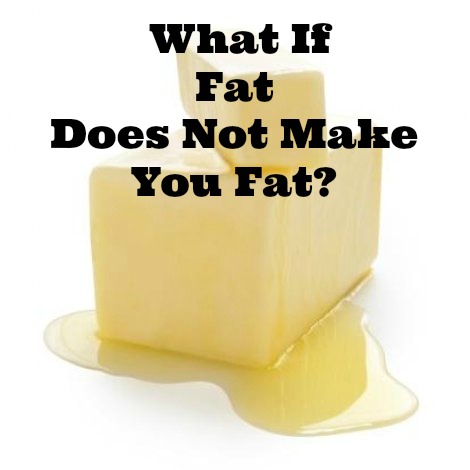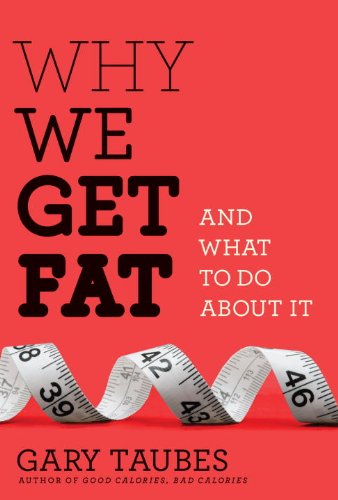What if fat does not make you fat? We’ve been taught that fat is bad for us and yet, despite the plethora of low fat stuff out there, we have witnessed a huge rise in obesity and diabetes. Where is the fat? How did it all start and how did we all get so sucked into it?
The New York Times has published a great article about the low fat obsession in America, “In 1988, the surgeon general, C. Everett Koop, proclaimed ice cream to a be public-health menace right up there with cigarettes. Alluding to his office’s famous 1964 report on the perils of smoking, Dr. Koop announced that the American diet was a problem of “comparable” magnitude, chiefly because of the high-fat foods that were causing coronary heart disease and other deadly ailments. He introduced his report with these words: “The depth of the science base underlying its findings is even more impressive than that for tobacco and health in 1964.”
In the case of fatty foods, that confident voice belonged to Ancel Keys, a prominent diet researcher a half-century ago (the K-rations in World War II were said to be named after him). He became convinced in the 1950s that Americans were suffering from a new epidemic of heart disease because they were eating more fat than their ancestors.
What if fat does not make you fat?
There were two glaring problems with this theory, as Mr. Taubes, a correspondent for Science magazine, explains in his book. First, it wasn’t clear that traditional diets were especially lean. Nineteenth-century Americans consumed huge amounts of meat. The percentage of fat in the diet of ancient hunter-gatherers, according to the best estimate today, was as high or higher than the ratio in the modern Western diet.Second, there wasn’t really a new epidemic of heart disease. Yes, more cases were being reported, but not because people were in worse health. It was mainly because they were living longer and were more likely to see a doctor who diagnosed the symptoms.
To bolster his theory, Dr. Keys in 1953 compared diets and heart disease rates in the United States, Japan and four other countries. Sure enough, more fat correlated with more disease (America topped the list). But critics at the time noted that if Dr. Keys had analyzed all 22 countries for which data were available, he would not have found a correlation. (And, as Mr. Taubes notes, no one would have puzzled over the so-called French Paradox of foie-gras connoisseurs with healthy hearts.)
The evidence that dietary fat correlates with heart disease ‘does not stand up to critical examination,’ the American Heart Association concluded in 1957. But three years later the association changed position — not because of new data, Mr. Taubes writes, but because Dr. Keys and an ally were on the committee issuing the new report. It asserted that ‘the best scientific evidence of the time’ warranted a lower-fat diet for people at high risk of heart disease.”
Good Calories, Bad Calories: Fats, Carbs, and the Controversial Science of Diet and Health

